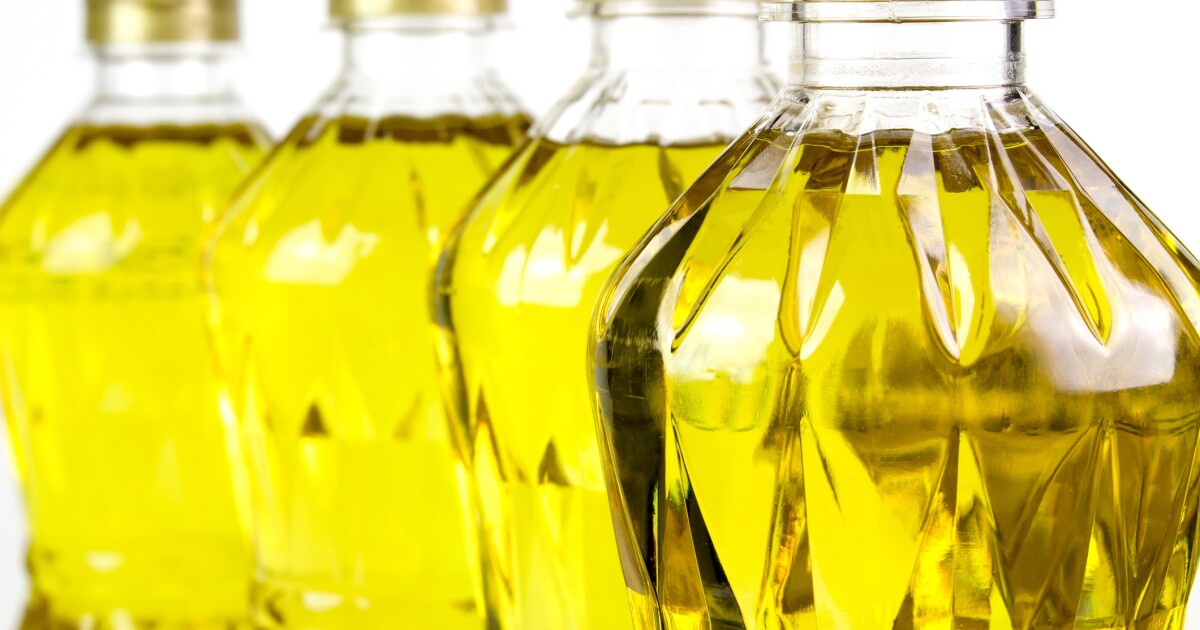Seed Oils: Friend or Foe? Unpacking the Science Behind the Health Debate

The debate around seed oils – like canola, soybean, and sunflower oil – is heating up. Recent claims, including those from high-profile figures like Robert F. Kennedy Jr., suggest these oils are detrimental to our health, even calling them 'poison.' But is there solid scientific evidence to back up these claims? Let's dive into what the research actually says, separating fact from fiction and understanding the nuances of this increasingly controversial topic.
What are Seed Oils and Why are They So Common?
First, let's clarify what we mean by 'seed oils.' These are vegetable oils extracted from seeds, as opposed to oils derived from nuts, olives, or avocados. Their popularity stems from their affordability, versatility in cooking, and relatively neutral flavor. They're found in everything from processed foods and salad dressings to baked goods and snacks.
The Controversy: What are the Concerns?
The core of the controversy revolves around the oils' high content of polyunsaturated fatty acids (PUFAs), particularly omega-6 fatty acids. Historically, humans consumed a more balanced ratio of omega-6 to omega-3 fatty acids. However, modern diets, heavily reliant on seed oils, have dramatically shifted this ratio, with many consuming significantly more omega-6 than omega-3.
Some experts argue that this imbalance contributes to inflammation in the body, potentially increasing the risk of chronic diseases like heart disease, diabetes, and autoimmune disorders. The processing methods used to extract and refine these oils – often involving high heat and chemical solvents – are also a source of concern, with some suggesting they can create harmful compounds.
What Does the Science Say?
Here's where things get tricky. While the concerns about omega-6 imbalance are valid, the overwhelming body of scientific evidence doesn't definitively support the claim that seed oils are inherently 'poisonous.'
- Heart Health: For decades, PUFAs were touted for their heart-healthy benefits, and many studies have shown that replacing saturated fats with PUFAs can lower LDL (bad) cholesterol. However, more recent research has questioned the overall impact, particularly with the prevalence of highly processed seed oils.
- Inflammation: The link between omega-6 excess and inflammation is complex. While some studies suggest a correlation, others show that the type of omega-6 (linoleic acid, the most common in seed oils) isn't inherently inflammatory. Furthermore, the presence of other dietary factors and individual genetic variations play a significant role.
- Oxidation: Seed oils are more prone to oxidation (becoming rancid) than saturated fats, especially when exposed to heat, light, and air. Oxidized oils can produce harmful compounds, but proper storage and cooking methods can minimize this risk.
The Nuance: Quality Matters
It's crucial to recognize that not all seed oils are created equal. The quality of the oil depends on factors like the seed source, extraction method, and storage conditions. Cold-pressed, unrefined seed oils are generally considered to be a better choice than highly processed, refined versions.
So, Should You Avoid Seed Oils?
The answer isn't a simple yes or no. While concerns about omega-6 imbalance and processing methods are valid, demonizing all seed oils is an oversimplification. A balanced approach is key.
- Prioritize Whole Foods: Focus on a diet rich in whole, unprocessed foods.
- Choose Healthier Fats: Incorporate sources of omega-3 fatty acids like fatty fish (salmon, mackerel), flaxseeds, and chia seeds.
- Consider Oil Quality: If you do use seed oils, opt for cold-pressed, unrefined varieties and store them properly.
- Vary Your Fats: Don't rely solely on seed oils. Include other healthy fats like olive oil, avocado oil, and coconut oil in your diet.






